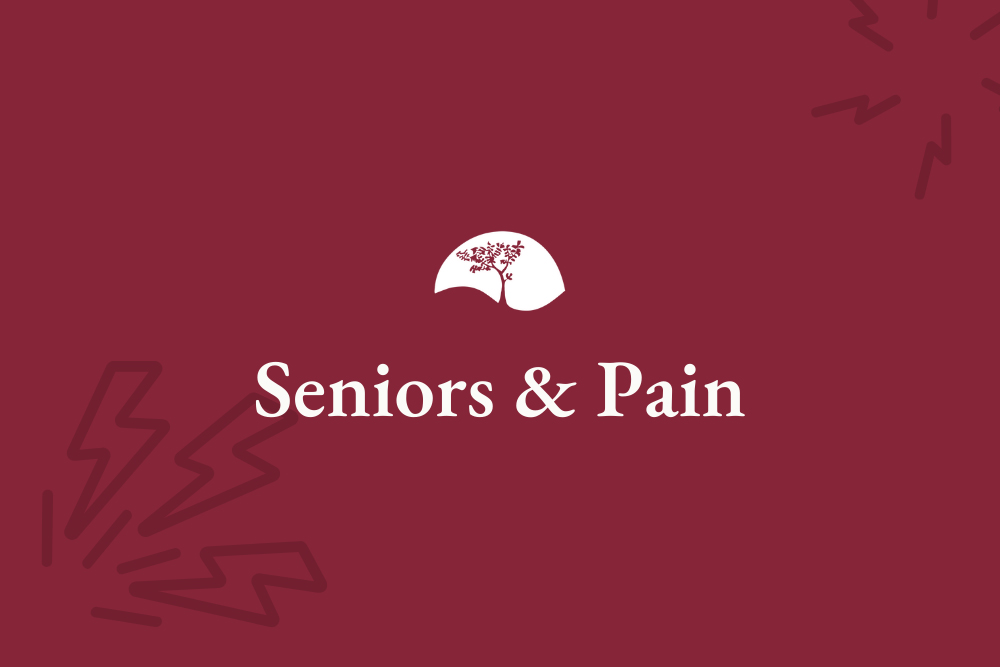Pain and pain management are a growing concern among Americans aged 55 and older. In one NIH-funded study, more than half the respondents said they’d had bothersome pain in the past month, while three-quarters reported feeling pain in more than one area. Doctors frequently prescribe opioids to older adults to help them manage chronic pain from conditions like arthritis, or to make their patients more comfortable after necessary surgery.
Due to a common misconception that addiction only affects younger people, seniors are a frequently overlooked population segment in the national conversation about substance use disorders. In reality, the medications physicians typically prescribe for pain management have a high potential for addiction.
How Do Older Adults Get Hooked on Pain Pills?
Even when someone uses opioids under a health professional’s supervision, there is still a risk of addiction. It only takes a short time to develop a high tolerance to opioid-based medications. As a result, an aging patient who has been taking opioid painkillers under a doctor’s orders may unknowingly begin abusing them.
Older adults who struggle with memory issues might forget to take their medication, combine drugs without considering the potential interactions or accidentally double the dose, possibly leading to an overdose. Retirees who have more free time and fewer responsibilities can also progress more rapidly from dependence to addiction if there are not many people around to notice their behavioral changes and suggest getting help.
One additional complication is that some warning signs of prescription pain pill addiction mimic symptoms of other age-related health issues, such as a loss of coordination leading to frequent falls and bruises. If your loved one has mood swings or has become secretive, it can be easy to dismiss these as common effects of getting older, but they may be red flags of substance abuse.
Treating Pain Pill Addiction for Older Adults
You may assume older adults are not at risk for addiction because they don’t fit the typical profile of people who deliberately abuse opioids in pursuit of a high. However, it’s not true that seniors are inherently lower risk or are somehow immune to the brain chemistry changes that characterize substance use disorders.
Are you worried about an aging parent’s prescription pain medication use? Seek help as soon as possible. Substance abuse is an illness that will not get better on its own. It is an all-consuming condition that requires professional medical attention to overcome. Having led a long and healthy life, an older adult may feel acutely embarrassed to admit they’ve been abusing their prescription drugs. Keep a close eye on your loved one, and offer to get them treatment if you notice they are struggling.
Seniors deserve compassion as they work to become healthy and break the cycle of addiction. That’s why HVRC has created a rehab program specifically tailored to older adults’ unique needs. As an accredited, hospital-based facility, we provide the most thorough and comprehensive treatment available. Contact our admissions staff to learn more.


